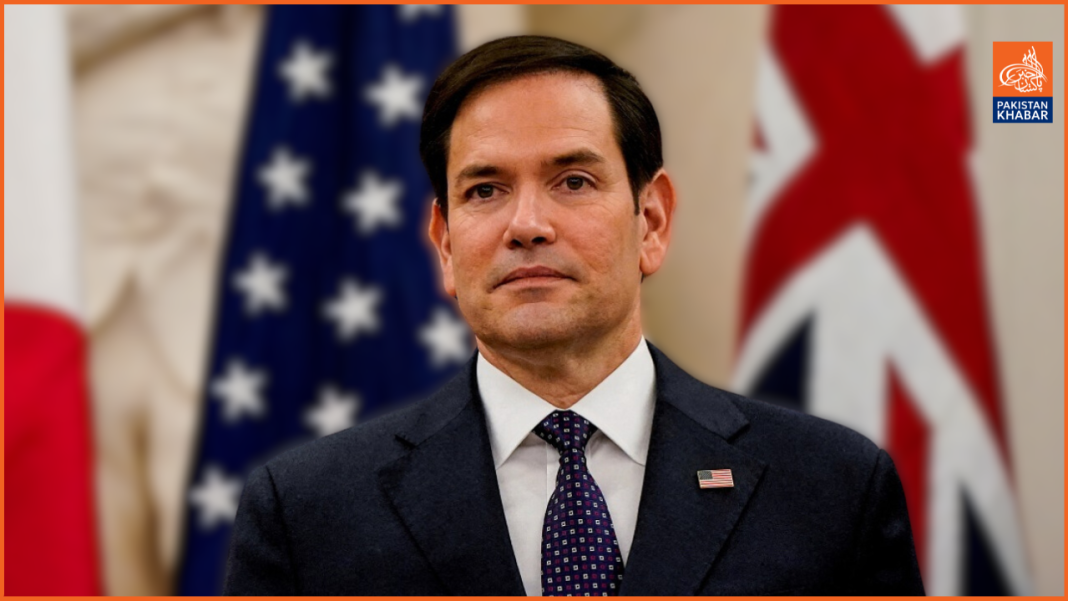The United States, the world’s largest donor of foreign aid, has frozen almost all international assistance, with exceptions made only for emergency food aid and military funding for Israel and Egypt. This decision follows an internal memo issued by Secretary of State Marco Rubio after President Donald Trump’s inauguration, marking a shift toward an “America First” policy that significantly restricts overseas aid.
The memo, seen by AFP, instructed that no new funds would be allocated for new awards or extensions until each proposal was thoroughly reviewed and approved. This sweeping directive affects a range of programs, including development aid and military support, with the notable exception of military assistance to Israel and Egypt. Both countries have long-standing agreements with the U.S. for defense funding, which has been further amplified in the case of Israel due to ongoing military actions in Gaza.
Additionally, the freeze halts funding for the U.S. President’s Emergency Plan for AIDS Relief (Pepfar), a major initiative aimed at combating HIV/AIDS in developing countries, particularly in Africa. Pepfar has been credited with saving millions of lives since its inception in 2003. The freeze also impacts anti-malaria efforts funded by the U.S., which provide vital resources like insecticide-treated nets to prevent the spread of the disease in vulnerable regions.
While emergency food assistance is exempt from the freeze, lawmakers, especially from the Democratic Party, have criticized the decision. They argue that this action undermines U.S. credibility and threatens the lives of millions who rely on American foreign aid, which is often seen as a symbol of the nation’s commitment to global development and humanitarian efforts.
Critics, including the anti-poverty group Oxfam, have warned that suspending such vital programs could have severe consequences for communities in crisis around the world, particularly children and families in need of life-saving aid. The freeze highlights a broader shift in U.S. foreign policy under the Trump administration, raising concerns about the future of international humanitarian assistance.




